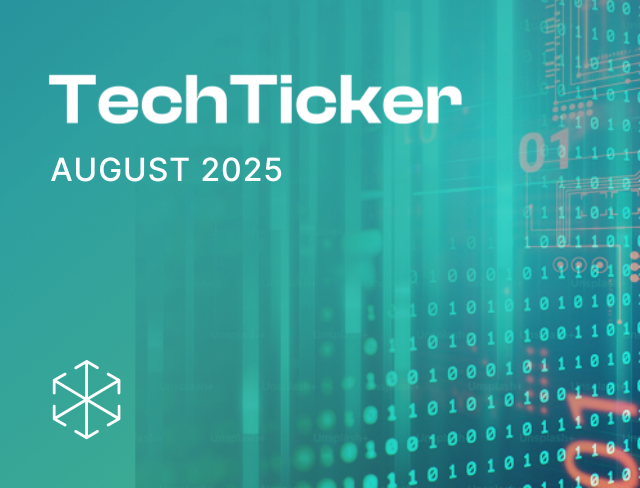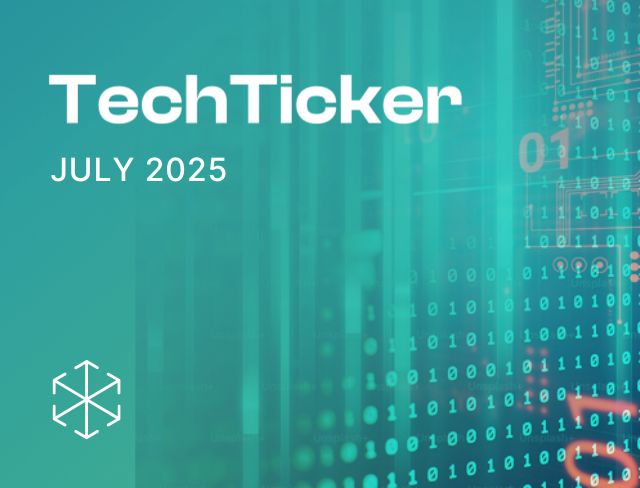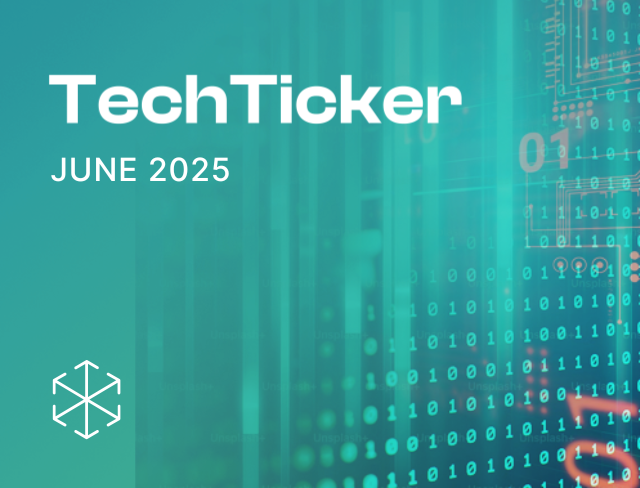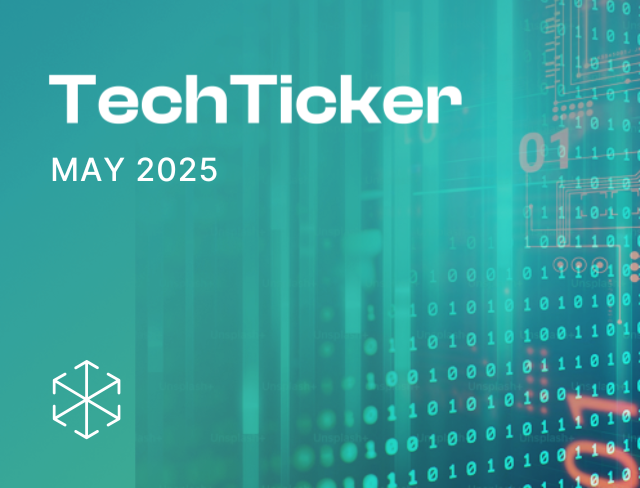Welcome back to our Tech Ticker, where we bring you everything tech-law and policy from India and around the world.
Spotlight
An Indian government committee, chaired by Infosys co-founder Kris Gopalakrishnan, released draft recommendations on regulating ‘non-personal data’ (anonymized data, business information) for public comments. The report argues for creating different categories of ‘non-personal’ information, and for establishing a separate regulator for NPD, amongst other things. Read our summary, here. The last date to send comments is 13 August 2020. Meanwhile, the joint parliamentary committee deliberating India’s forthcoming data protection law has resumed its meetings, after a pandemic induced delay.
In other news, after clamping down 59 Chinese apps in late June this year, the ministry of electronics and information technology banned another 47 apps which facilitated access to the previously banned apps. And while India still contemplates restricting access to 275 more Chinese apps, Ji Rong, spokesperson of the Chinese Embassy in India questioned if the move violated the World Trade Organization’s rules by abusing national security exceptions (read our take on whether India would be successful in justifying the ban at the WTO here, and the recourse available against the ban on the apps under international investment law here). On the international trade front, India discussed the possibility of a free trade agreement with the U.S. at the India-U.S. CEO forum. Potential areas of mutual collaboration included digital payments, healthcare, and agri-tech, amongst others. However, at the bilateral India-Ideas Summit organised by the U.S.-India Business Council, U.S. representatives called out India’s ‘Atmanirbhar’ approach as nationalist and protectionist. Interestingly, at the same event, both the countries shared their stance against Chinese technology and organisations. Keeping up with its momentum to strengthen global trade ties, India released the ‘Roadmap to 2025’ at the India-EU Summit, setting out sector-specific commitments for a strategic partnership between the two parties.
In a key development, the consumer affairs ministry notified the Consumer Protection (E-Commerce) Rules, 2020 which aims to prevent unfair trade practices, and formalises the requirement to display the country of origin of listed products, among other things.
On the other side of the world, the top brass of Google, Apple, Facebook, and Amazon appeared before a US Congress committee. Read out highlights from the hearing here. Earlier, Google announced a $10 billion dollar ‘Google for India Digitisation Fund’ to fast-track India’s digital economy. The first bout of investment from the fund was pumped into Mukesh Ambani’s Jio for a 7.7% stake.
Data governance
The EU’s Court of Justice in Schrems II invalidated the EU-US Privacy Shield, citing overreaching U.S. surveillance. The Privacy Shield was a legal framework to facilitate the flow of personal data between the two countries. However, businesses can still rely on standard contractual clauses to transfer data across borders, provided that the recipients of such data offer protection equivalent to EU privacy standards.
Online content and digital media
Speaking at a Global Media and Entertainment Online Convention, Amit Khare, secretary, ministry of information and broadcasting, argued that online content regulation should come under MIB’s ambit. Interestingly, he also hinted at converging regulatory practices across print, television, films, radio and the currently unregulated OTT media. Relevant to this is the November 2002 Standing Committee on IT report which analysed the Communication Convergence Bill, 2001 and proposed a unified regulatory framework for different forms of media (read our analysis of the reports released by the standing committee on IT over the years here).
Fintech
An RBI committee set up to review QR codes in India released its report for public consultation, in which is emphasised the importance of multiple interoperable QR codes to drive the payment acceptance infrastructure, allowing a lower interchange rate instead of zero MDR, and accepting details of an existing bank account as valid KYC for faster merchant onboarding, among other things. At the Global Fintech Fest 2020, the NPCI launched UPI Autopay which enables recurring payments up to INR 2000 on the UPI platform. The fest also saw Nandan Nilekani unveil the Open Credit Enablement Network built by iSPIRT, to connect lenders and borrowers in real time.
New at Ikigai
Anirudh made a compelling case for ‘mission statements’ and how they articulate an organisation’s raison d’etre as he shed light on Ikigai’s mission to empower the future by enabling innovation, technology and entrepreneurship to make the world smarter, inclusive and fun. With that thought, take a peek at what kept the team at Ikigai busy for the past month!
As the discourse on e-commerce fails to pick up pace at the WTO, countries are increasingly looking at FTAs to enable digital trade. In the past month, we analysed e-commerce chapters across three prominent FTAs – the Trans-Pacific Partnership, the Regional Comprehensive Economic Partnership and the EU-Japan FTA, and highlighted the potential challenges to the on-going WTO negotiations to put in place global e-commerce rules. We also analysed the WTO’s recent decision on protection of IP rights in Saudi Arabia, including the implications of WTO rejecting Saudi Arabia’s argument invoking the essential security exception.
We furnished our comments on the draft Unmanned Aircraft Systems Rules, 2020 to the ministry of civil aviation advising it to conduct another short consultation after releasing the revised UAS rules. And, as the government of India took steps to liberalise the private space industry, we authored this insightful piece on the structural reforms needed to facilitate private sector participation in space exploration.
Tracking the developments in the blockchain space, Arpit quelled doubts regarding a cabinet note released by the department of economic affairs proposing a ban on cryptocurrencies, and, Ratul wrote about the legislative developments on blockchain and related technologies in different states of the U.S.
In other work, Rahul Seth of the WeWork Labs authored a piece with Anirudh on the impact of the proposed data protection framework on the start-up industry, especially as it allows the government to access NPD derived from businesses to aid policy making; Arpit explained the potential legal issues with data scraping and answered common questions about the standing committee on IT; Aditya examined the issues with the dispute resolution framework under the IT Act 2000 and suggested improvements; Sayanhya discussed innovative technologies (including facial scanning) deployed at airports to ease security checks; and as South Africa zero-rated educational and health related content to facilitate access during the pandemic, we analysed the net neutrality regulations in the country.
In other exciting news, our team advised FamPay, a neo-bank on launching India’s first secure numberless card for teenagers.
Join us for more in September!









